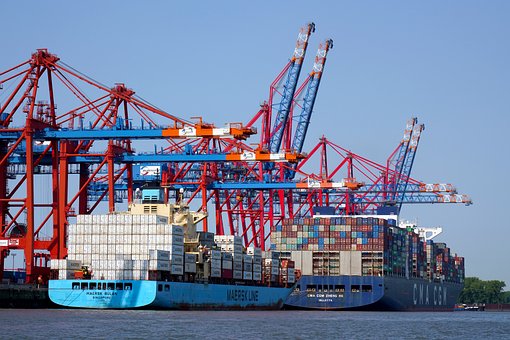In a move to prevent the kind of supply chain issues that challenged builders last year, a new study is suggesting use of what is called a “transparent supply chain.”
As published by the New York-based think tank Rebellion Research, the study, What Are the Current Supply Chain Issues? asserts that in the last 30 years many firms have adopted “the Japanese tiered supply chain approach.”
This means instituting a system not only carefully monitoring issues along the supply chain process, but also “using new innovative technology” to streamline various processes.
“The presence of blockchain technology has dramatically increased over the past decade, with its use becoming prevalent in diverse industries ranging from agriculture to banking,” the Rebellion Research study notes.
In essence, blockchain technology increases efficiency by allowing firms to complete transactions directly, and thus eliminating third parties.
Such technology serves as a digital ledger capable of storing any type of data, but in so doing, “its decentralized nature makes it nearly impossible to forge or change data already within the ledger, making it ideal for supply chain management.”
More to the point, because every step and level of the supply chain process is copiously documented, firms can trace the very beginning of any supply problem. “If a firm foresees a potential interruption within a supplier, they can choose to utilize another supplier in order to continue smooth business operations.”
At its core, the technology greatly increases the integration of financial and logistics services, thus allowing for a greater collection of data between stakeholders.
The supply chain issue reached epic proportions in 2021 and 2022 due to such problems as a global chip shortage and lack of workers.
Noting that the supply chain interruptions of those years ultimately helped create the essentials for a recessionary economy, the study nevertheless contends that the interruptions have, in the end, only helped policymakers and economists to begin to know “where to strengthen the supply chain.”
That chain, says the Rebellion Research study, “will only become more advanced and diversified as technology continues to modernize, making it essential to strengthen those links now in order to prevent future faults.”
By Garry Boulard



